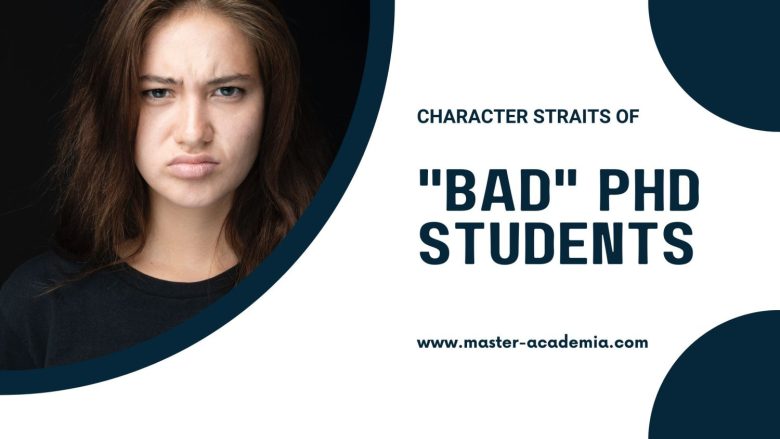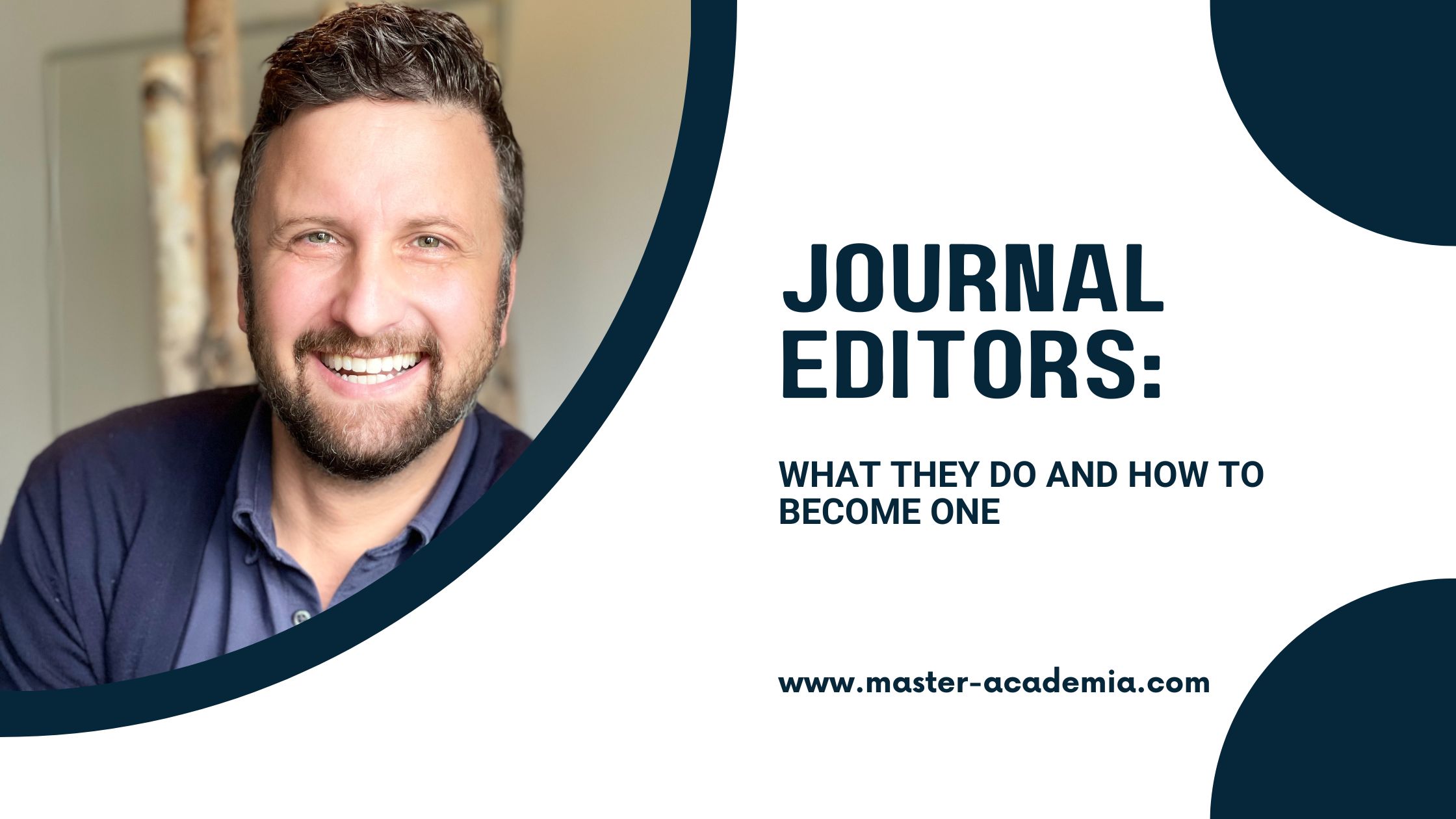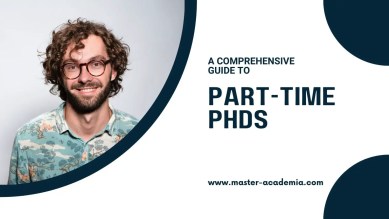
Simply labelling a PhD student as ‘bad’ is certainly problematic and questionable. There are, however, a number of character traits that make some individuals less suited to pursue a PhD than others. Unless they change their habits.
Contents
What are ‘bad’ PhD students?
Inspecting Google search queries can reveal some interesting findings: There are quite some people who try to find out what defines a ‘bad’ PhD student.
I suspect that these people are often PhD students themselves, who are insecure about their work. Generically describing PhD students as ‘bad’ is problematic. Especially when it is related to their output or performance, as failures and setbacks are a normal part of academic life.
That said, certain character traits make some individuals less suited to pursue a PhD than others.
The character traits that arguably make for ‘bad’ PhD students are unconcernedness, passiveness, arrogance, sloppiness, impatience, and laziness.
Before diving into each one of them, a disclaimer: If you recognise one or more of these traits in yourself, don’t worry. These traits are not fixed and they do not have to define your density. Think of these character traits as several habits, which can be changed.
1. Unconcernedness
Unconcernedness can be a major obstacle during a PhD. Unconcernedness can be understood in terms of lacking concern or involvement in – for instance – a certain topic, field, or discipline.
A PhD trajectory takes several years and requires hard and persistent work. If someone has no interest or passion for a research topic, it is difficult to get motivated enough to complete a PhD in it.
Interest or passion in a topic can fade during a PhD trajectory. That’s okay. And sometimes it is good to move on, also topic-wise. But not being concerned or involved from the beginning is a very bad sign.
Doing a PhD for societal admiration, or to please someone else, instead of seeing the fundamental value of the research, is never a good idea.
2. Passiveness
A PhD is not made for passive people. Doing a PhD and establishing a successful all-around academic profile requires a lot of proactiveness and independence.
As a PhD student, you cannot expect that everything you need to do is served to you on a silver platter. Learning by doing, creativity, and trial and error are all part of the journey.
Supervisors are supposed to guide PhD students. But even supervision meetings benefit from PhD students who are on top of things and take matters into their own hands.
Ideally, PhD students become increasingly independent over time. They should learn to formulate their ideas and represent their viewpoints. Passiveness is not a good precondition to achieving this independence.
3. Arrogance
Ohhh, arrogance! Yes, there are many arrogant people in academia. Those who think they know everything better. Those who think that their titles make them better than others. Those who look down on colleagues.
Remember the saying that ignorant people tend to be full of confidence, while intelligent ones are full of doubt?
Unfortunately, a lot of really good PhD students struggle with not feeling good enough. Many early career researchers would fare better if they had more self-confidence. This is not to be confused with arrogance.
A PhD is a training and learning opportunity. Academic work is scrutinized regularly. Feedback and criticism are omnipresent. Arrogance prevents active listening to feedback as well as seeing it as an opportunity to grow.
4. Sloppiness
Sloppiness is the opposite of diligence and can turn into a major problem during a PhD. Think of a sloppy experiment, sloppy data entry or analysis, or of inconsistent note-taking.
Once results have to be written down, the lack of a good recording system will backfire. In the worst cases, scientific research becomes inaccurate.
Not everyone has the same attention to detail, but developing procedures or mechanisms to counter this can be learnt. A good start is to write everything down to be able to retrace all your steps. Be it in the lab, during qualitative fieldwork, or a literature analysis.
The problem with sloppiness is not just a lack of organisation, but also a lack of care. While the former can be easily addressed, the latter is more difficult to tackle.
5. Impatience
Doing a PhD can be extremely challenging for impatient individuals. Immediately developing the perfect research question, collecting the best data, or conducting a flawless experiment rarely happens.
Doing a PhD takes time. And many things will not work out exactly as planned. Therefore, patience is required.
So if you struggle to have the patience to work on something for a long period, maybe a PhD is not the right choice for you. A PhD is also not a good option for people who easily give up if something does not immediately work out as planned.
Some people argue that doing a PhD is testing persistence and endurance much more than intelligence or scientific knowledge. And there is some truth in that.
6. Laziness
It does not matter how smart you are: A PhD always requires hard work! Those who are lazy will quickly realise that a PhD cannot be finished with minimal effort.
Sometimes, a PhD requires you to go the extra mile. This is not a trivialisation of overworking. Managing your energy in academia and taking proper breaks are extremely important.
Laziness, however, means that you can act or make a physical or mental effort, but you are disinclined to do so.
Opting for inactivity and always taking the easy way out will prevent progress in a PhD trajectory. Accomplishing difficult tasks, on the other hand, provides much more satisfaction.



